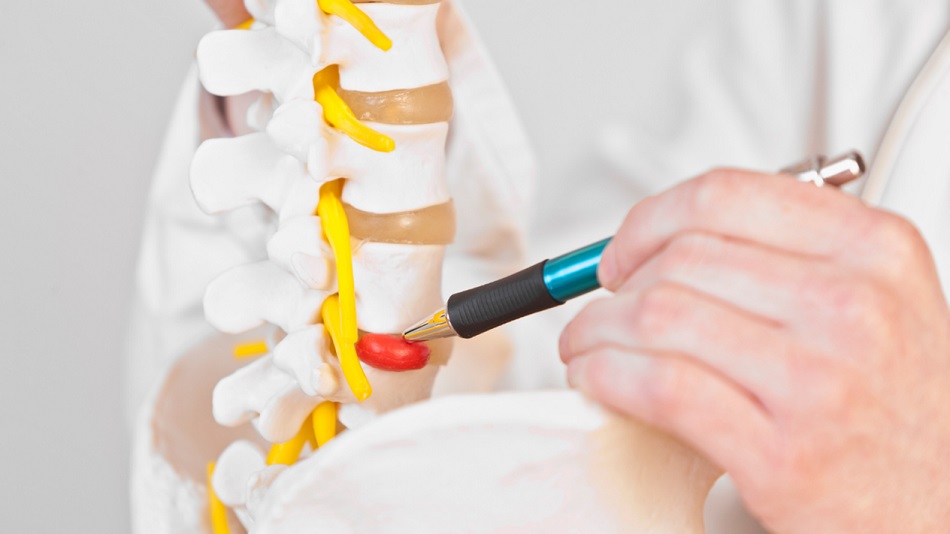If you are suffering from a herniated disc, you know how painful it can be. This condition can make it difficult to sleep or sit down for any length of time. In this article, we will discuss some methods that you can use to stop the pain and get relief. Let’s get started!
How to Reduce Pain from a Herniated Disc While Sitting and Sleeping?
First, you can try over-the-counter pain medication to help reduce the pain. If this does not work, the best you can do is to see a doctor for disc herniation in Chicago to get a proper diagnosis and treatment plan. The doctor may prescribe stronger pain medication or recommend physical therapy. This will help you to get relief and improve your condition.
Meanwhile, when you are sitting, make sure that you are using good posture. This means keeping your back straight and your shoulders down. You may also want to put a pillow behind your back for support. Try to sleep on your side or your stomach when you are sleeping. This will help take the pressure off of your back. It will also help to put a pillow under your knees to keep your back in alignment. In addition, it will also help if you know the best strategies for how to heal a herniated disc quickly, as this will also help with the pain.
Other Tips for Herniated Disc Pain Relief
- Take breaks often throughout the day: If you are sitting for long periods of time, make sure to stand up and move around every few hours. This will help to keep the pain from getting worse and will also help to reduce inflammation.
- Apply ice or heat: Applying ice or heat to the affected area can also help to reduce pain and swelling. You can try to alternate between the two or use whichever one seems to work best for you. Remember to wrap the ice or heat in a towel to protect your skin.
- Stretch and exercise: Stretching and exercising can also help to reduce pain and improve your overall condition. There are many different exercises that you can do to help with a herniated disc. You can talk to your doctor or physical therapist to find out which exercises are best for you.
To Conclude
Sleeping and sitting are two activities that can aggravate your symptoms, so it is important to find comfortable positions. You may need to experiment with a few different positions before you find one that works for you. With the right precautions and some trial and error, you can find a position that will help you get the rest and relief you need.


